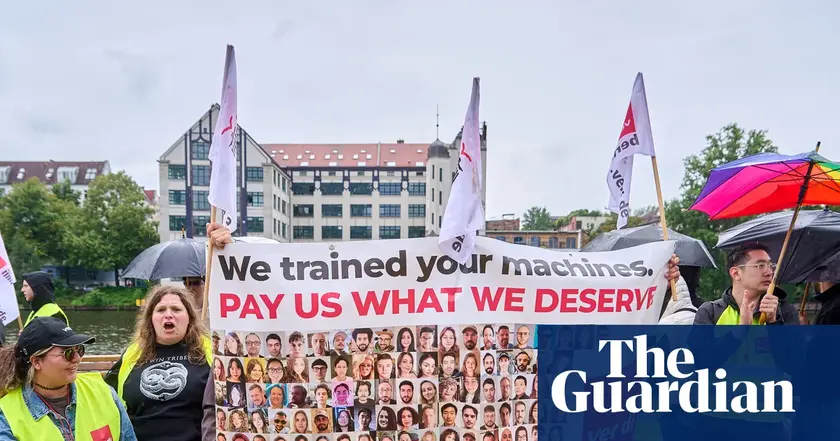T4K3.news
Protests test safety as migrants face scrutiny
In Liverpool and other cities, police separate protesters while debates over refugee safety intensify.
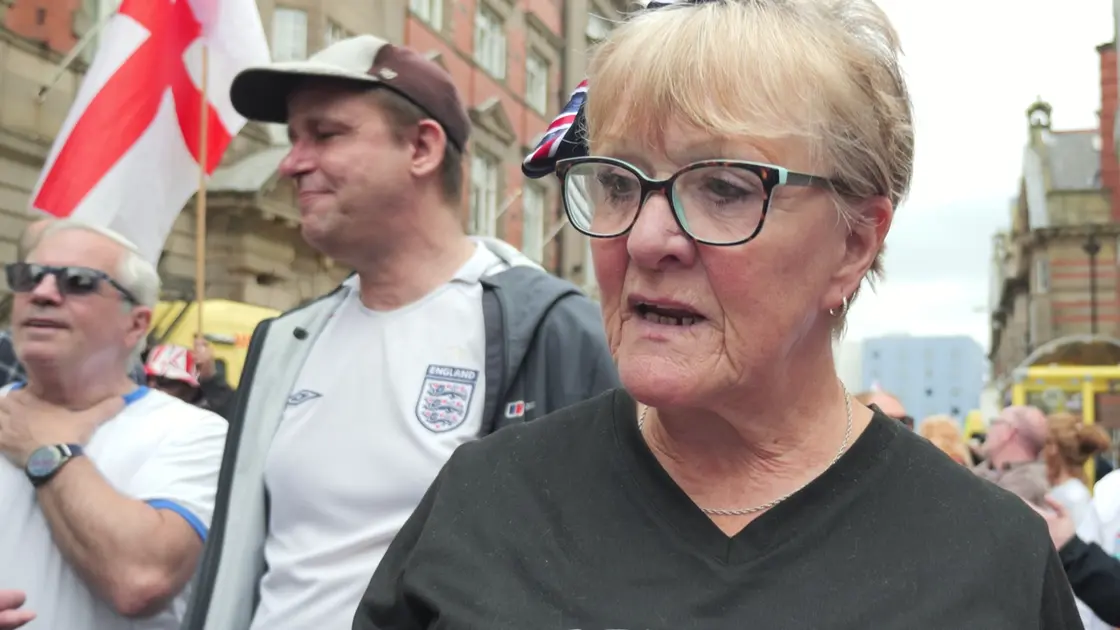
Liverpool sees lines of police separating anti-migrant and counter-protesters as concerns grow over women’s safety and community impact.
Migrant protests sharpen focus on safety of women and girls
In Liverpool, officers formed clear barriers between opposing crowds, keeping protest groups apart as tensions rose but violence remained limited. Several anti-migrant protesters, including women who described themselves as the new face of these actions, spoke about protecting children and creating safer communities. Some wore pink or Union Jack accessories and carried slogans indicating they are not typical far-right supporters, even as chants and references to figures associated with far-right movements appeared nearby. The atmosphere was loud and confrontational at times, yet there were no sustained clashes in this session.
Across the country, demonstrations also took place in Nuneaton, Bristol, Bournemouth and Birmingham. In Nuneaton, the march followed a reported crime involving asylum seekers, and police recorded minor scuffles as they tried to maintain order. Officials warned that the current wave of protests, combined with other major demonstrations, would test policing resources in multiple cities. The event narrative also highlighted counter-protesters who carried signs welcoming refugees and urged bystanders to consider differing perspectives while some on the anti-migrant side blamed misinformation for fueling anger.
Key Takeaways
"unvetted men are being put into communities"
participant warning about perceived risks from migrant arrivals
"this is not Liverpool"
a protester asserting the local character of the movement
"Hey Tommy Tommy"
crowd reference to a far-right figure during chants
"welcoming refugees"
counter-protest signs promoting asylum seekers
The report reveals a shift in protest dynamics. More women are stepping into visible roles within anti-migrant demonstrations, framing safety concerns as a family and community issue rather than a purely political one. That shift complicates how media and authorities respond because it blends empathy with fear, increasing the risk of broad public sympathy for tighter housing and migration controls. Police faces a dual burden: keeping order while avoiding a perception of bias as they juggle resources across several cities tied to Gaza-related protests and other events. The coverage underscored a broader pattern: misinformation shaping participants’ beliefs can harden positions, creating a cycle of misperception and provocative signage that leaves communities divided.
Highlights
- unvetted men are being put into communities
- this is not Liverpool
- Hey Tommy Tommy
- welcoming refugees in our city
Protests test policing and community safety
The scale of demonstrations across several cities and the focus on women’s safety raise concerns about police resources, potential clashes, and broader community tensions. The episode sits at the intersection of migration policy and local housing debates, inviting political scrutiny and public reaction.
Public safety and humane treatment can coexist if communities choose dialogue over division.
Enjoyed this? Let your friends know!
Related News
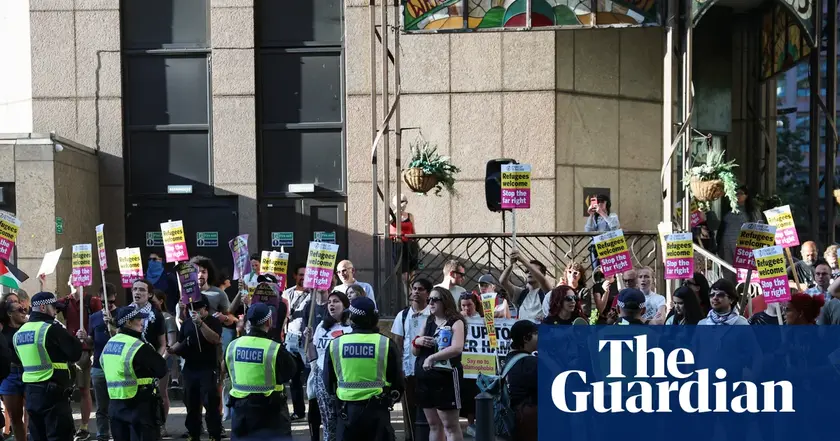
Police deploy 3000 riot officers for weekend protests
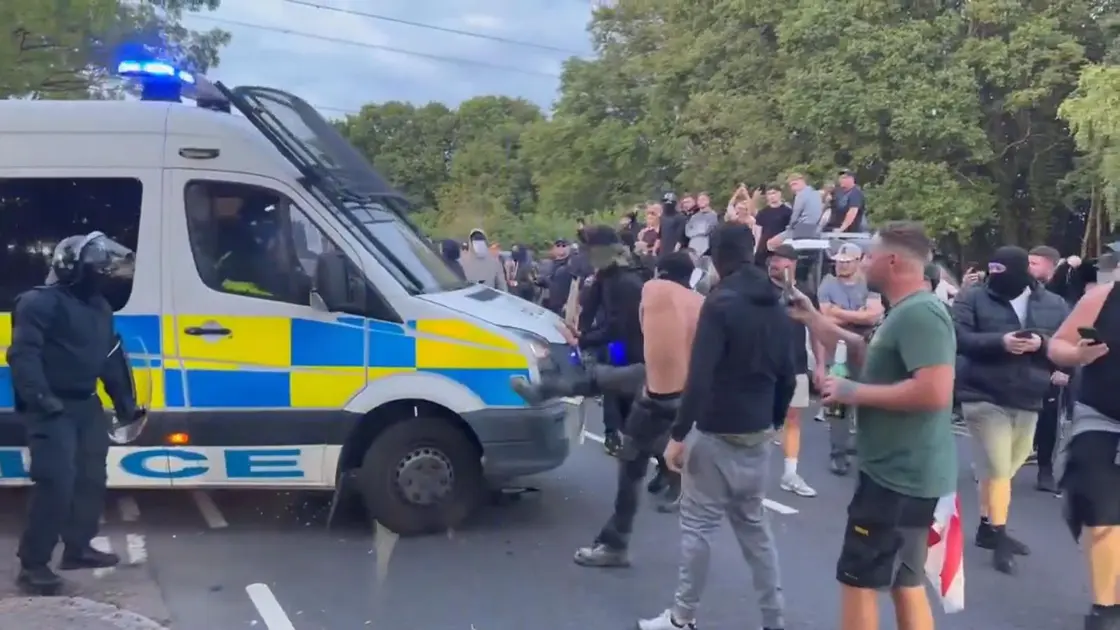
Essex Police denies Farage's accusations about protest transportation
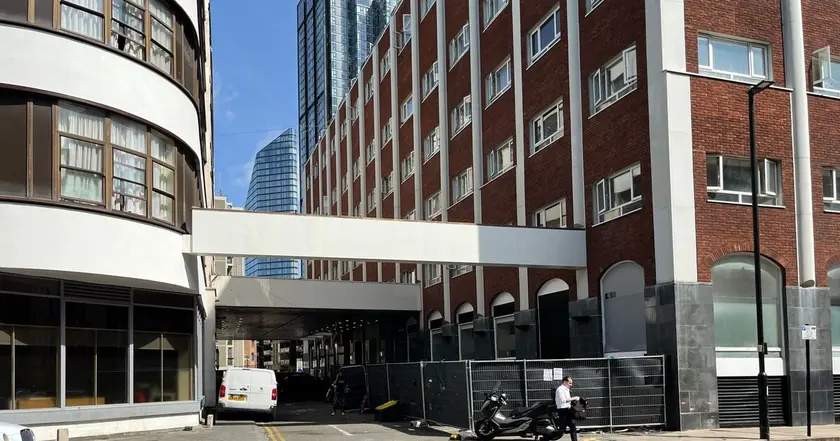
Concerns rise over crime linked to London hotel housing migrants
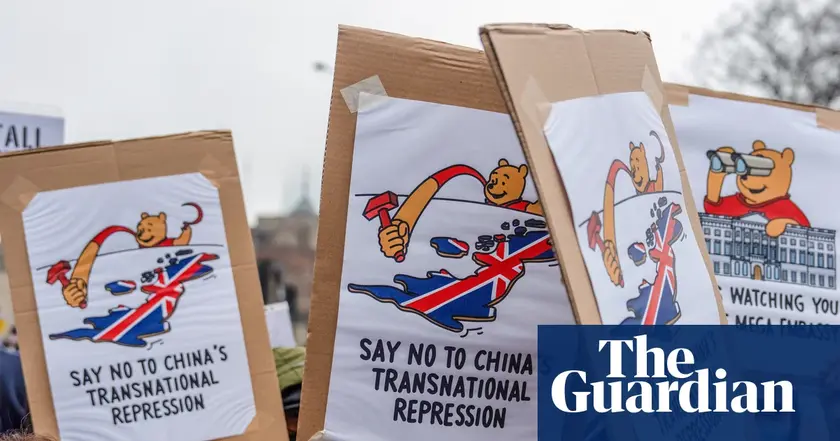
China's super-embassy proposal faces scrutiny in London

Public calls for Starmer to resign over migrant hotel crisis
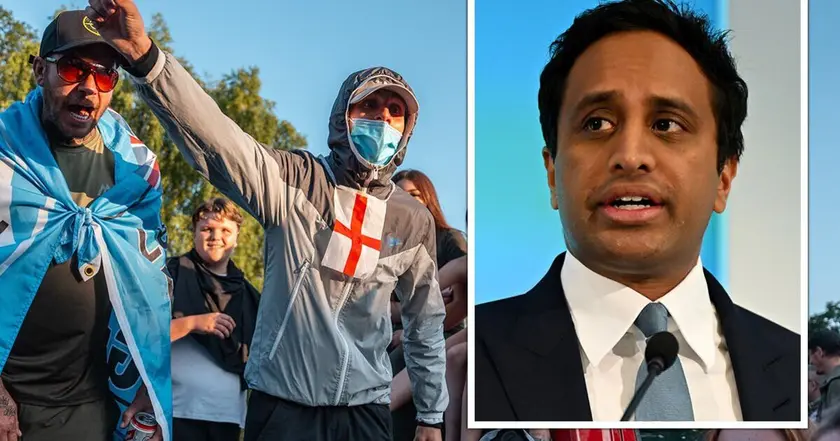
Reform UK warns of censorship under new Online Safety Act
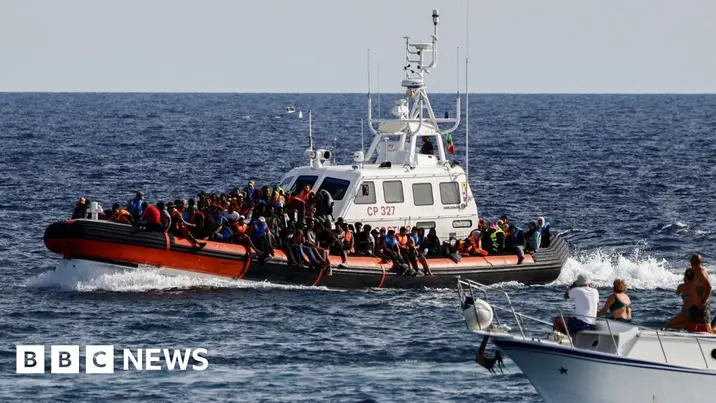
Italy's migrant processing plan faces EU court setback
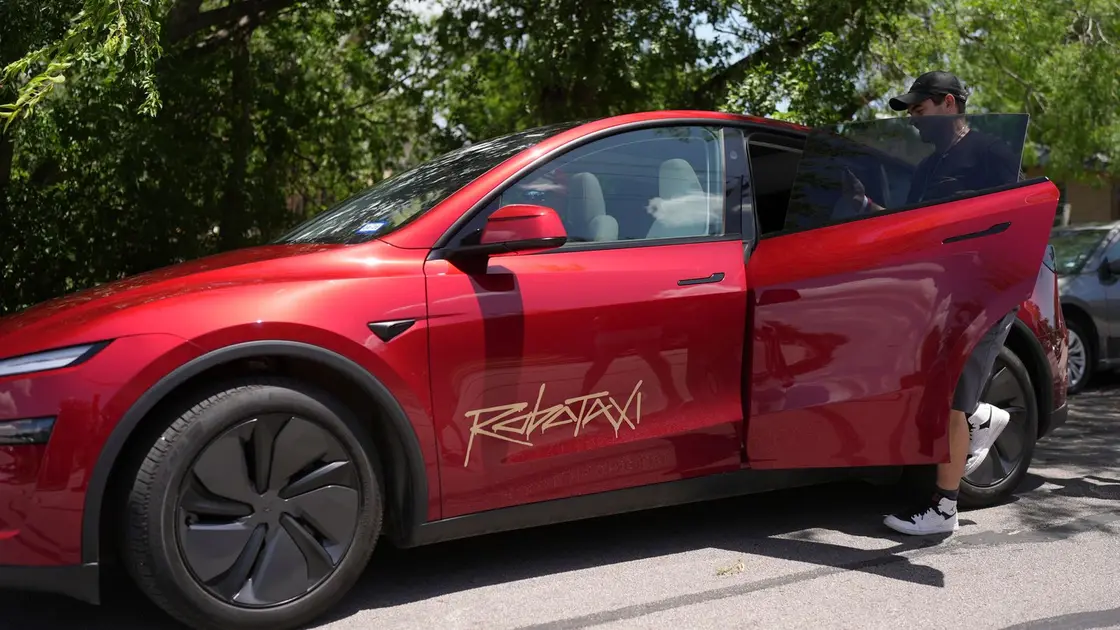
Tesla robotaxis under investigation for safety issues
